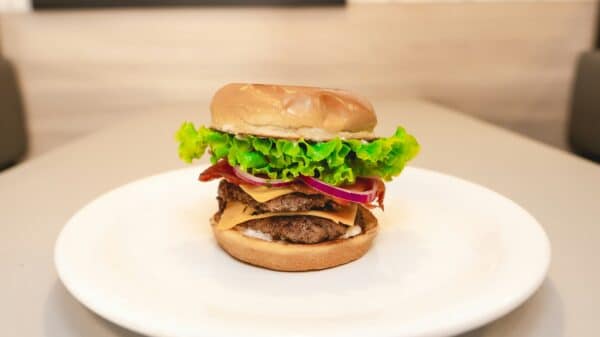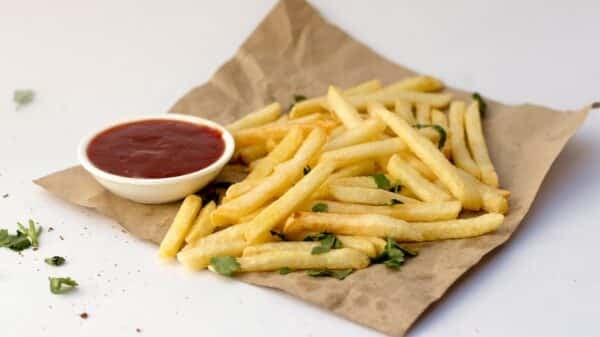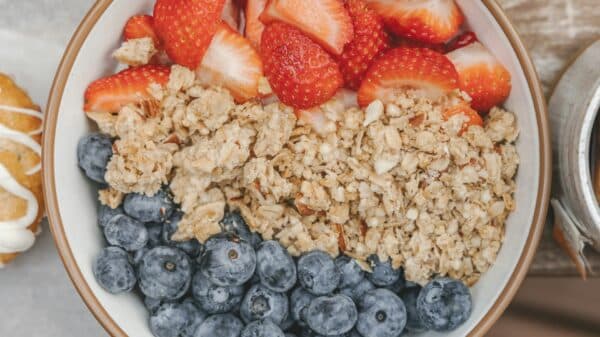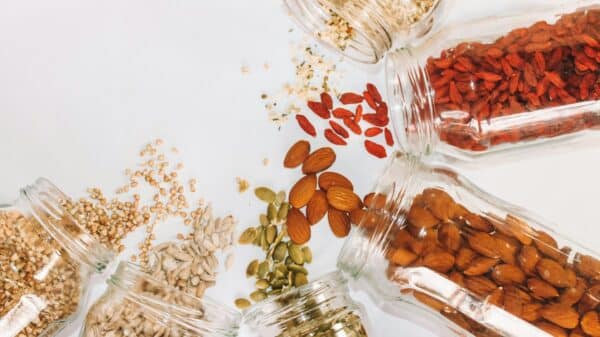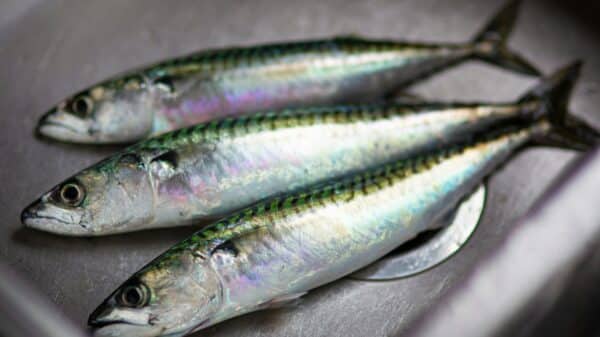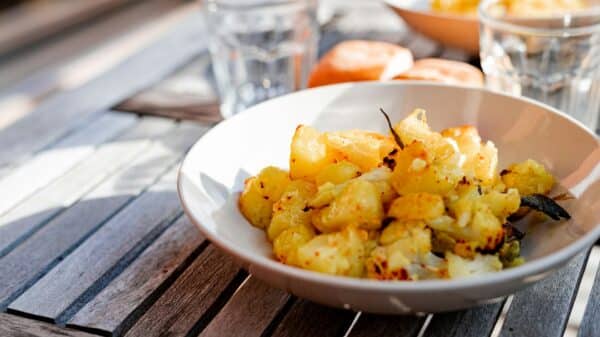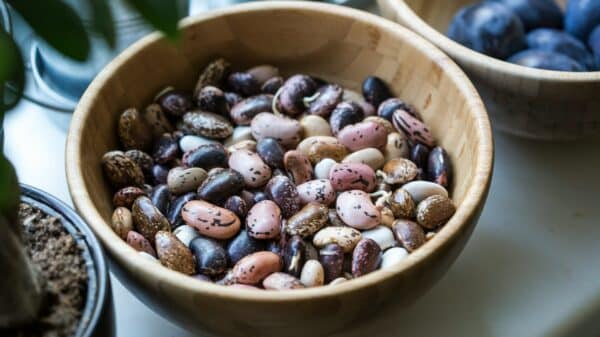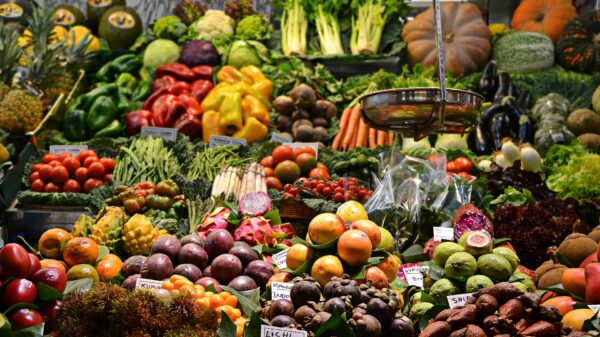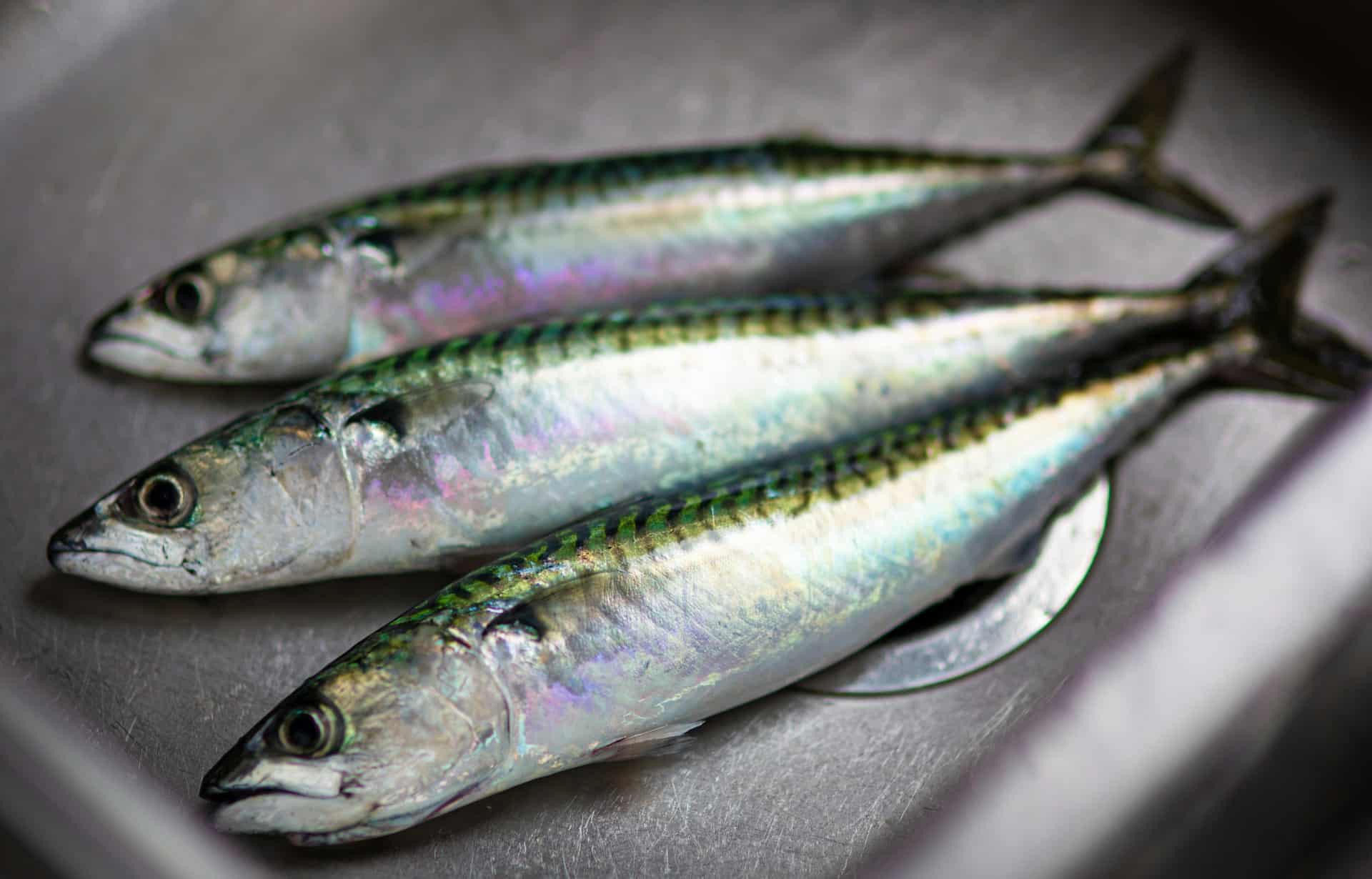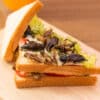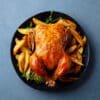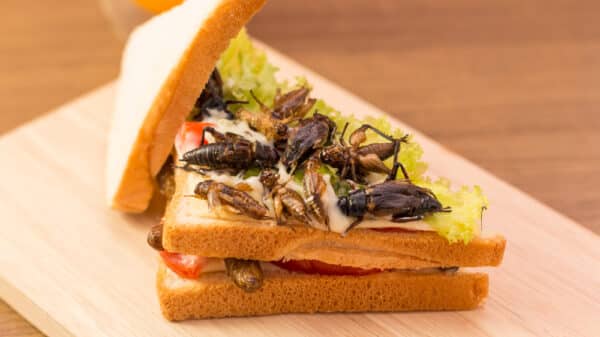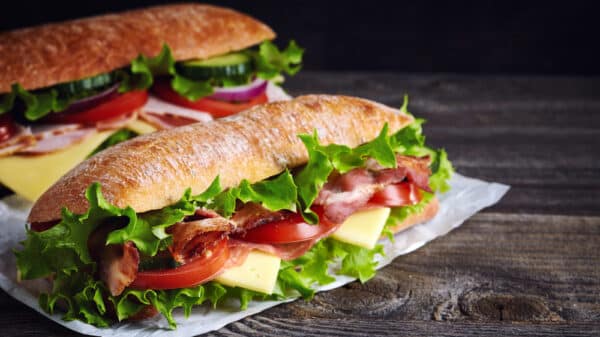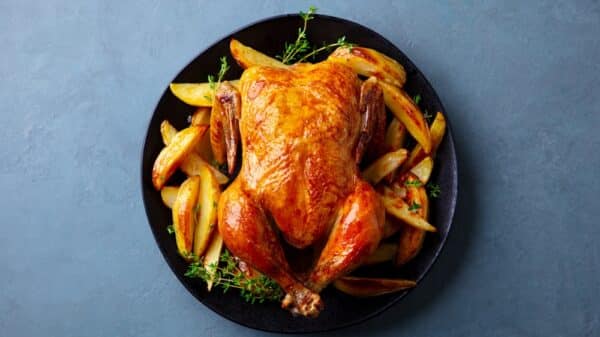We all know that the food we eat has a significant impact on our overall health. However, what many of us might not realize is just how closely our diet is intertwined with our cognitive health. The connection between nutrition and brain function is profound and just as vital as the more commonly acknowledged lifestyle factors, such as exercise and sleep.
“Good nutrition plays a crucial role in supporting cognitive health and may even help reduce the risk of cognitive decline,” explains Miranda Galati, M.H.Sc., RD, a seasoned dietitian and the owner of Real Life Nutritionist. While there isn’t a magic bullet nutrient that guarantees a healthy brain, certain foods and nutrients are particularly beneficial. According to Wa Na Chun, M.P.H., RD, CPT, and owner of One Pot Wellness, key nutrients such as omega-3 fatty acids from fatty fish, antioxidants found in berries and leafy greens, protein sourced from nuts and legumes, and B vitamins play essential roles in maintaining and boosting cognitive health.
Yet, let’s be real: our busy lives can make it tough to carve out time for balanced meals. That’s why snacking becomes essential to ensure that we’re consuming nutrient-rich foods.
When it comes to snacks, achieving sufficient protein is often a challenge. Many high-protein snacks don’t have a long shelf life, making them less than convenient. But don’t stress! We’re here to help you navigate your snacking needs so you can support your brain health effectively.
If you’re on the lookout for the ultimate high-protein snack that packs a punch for your cognitive health, look no further than the aisles of your local supermarket! You might be surprised to discover that canned sardines paired with whole-grain crackers are one of the best choices out there for nurturing your brain.
Why sardines, you ask? They are loaded with protein and healthy fats, making them a versatile and shelf-stable option. “Sardines are not just high in protein, with around 20 to 25 grams per 3-ounce serving, but they’re also brimming with omega-3 fatty acids,” Chun highlights. For a quick snack, just drain a can of sardines, add a squeeze of fresh lemon, and maybe sprinkle a bit of black pepper for an extra kick. Then, serve them on whole-grain crackers or toast for a satisfying, brain-boosting snack.
Now, you may wonder why protein is such a big deal for your brain health. Galati shares, “More protein is essential for maintaining a healthy body, and it’s particularly vital for your brain.” Protein is made up of amino acids, many of which support the production of neurotransmitters—key chemical messengers in the brain. Additionally, incorporating more protein into your diet can help displace refined carbohydrates and unhealthy fats, guiding you towards a more brain-healthy, anti-inflammatory eating pattern.
Research backs this up; for example, a study focused on older adults indicated that higher protein intake—particularly from meat, eggs, and legumes—was linked with improved cognitive function. Not to mention, other studies found that seniors who increased their protein intake, particularly from plant sources, exhibited less age-related memory decline. So, don’t forget to consider those beans and legumes!
Of course, protein isn’t the only nutrient that can help keep your brain sharp. Let’s dive into other critical players:
Omega-3 Fats
Your brain loves omega-3 fats! Studies show these healthy fats can enhance learning and memory while also improving blood flow to the brain. The best sources are fatty fish such as salmon, tuna, herring, and yes, sardines. These fish are especially rich in EPA and DHA—two forms of omega-3 fatty acids that are particularly good for your brain health. They help maintain the integrity of brain cells, facilitating communication as we age. This could be one reason why DHA has been linked to a lower risk of Alzheimer’s disease in certain individuals.
For those who are not big fans of fish, don’t worry! You can find omega-3s in smaller quantities from plant sources like walnuts, chia seeds, soybeans, flaxseed, and soybean oil.
Antioxidants
Antioxidants are nature’s way of protecting us. They work hard to keep our cells—including brain cells—healthy by shielding them from oxidative stress and free radical damage. “Foods rich in antioxidants like blueberries, tomatoes, and dark leafy greens not only help protect against degenerative brain changes but also enhance neural functioning,” Chun advises. Remember, antioxidants are abundant in various plant foods, including fruits, vegetables, nuts, seeds, whole grains, beans, herbs, and spices. So, that classic advice to fill half your plate with fruits and veggies rings especially true when it comes to supporting your brain health!
In a nutshell, nurturing your cognitive health through nutrition doesn’t have to be overly complicated. With a few mindful choices—like snacking on sardines and whole-grain crackers and focusing on vibrant, antioxidant-rich foods—you can take substantial steps toward maintaining a sharp, resilient mind. It’s never too late to start making positive changes, and every little bite goes a long way!
Vitamins and Minerals
Just like every other part of your body, your brain craves the right vitamins and minerals to perform at its best. Think of iron, for instance: this mineral is crucial for transporting oxygen through your bloodstream to your brain. When you’re low on iron, you might not even realize how much it’s affecting your thinking and focus, especially in little ones whose brains are still developing.
And let’s not forget about vitamins—they’re like little superheroes for your brain. B vitamins are vital for brain development in children, while in adults, vitamin E helps with verbal memory and recall. Plus, vitamins D and K are gaining more attention for their role in keeping your cognitive abilities sharp. It’s pretty incredible how these nutrients can directly impact how we think and remember things.
Additional Strategies
While your diet plays a massive role in maintaining a healthy brain, it’s just one piece of the puzzle. Other factors can make or break your cognitive health. Nutritionist Galati reminds us to keep an eye on our alcohol intake, as well as processed meats, refined carbs, and added sugars.
But wait, there’s more! Good sleep, staying active, and managing stress are equally crucial for keeping your brain in tip-top shape. When life gets hectic, it can be easy to overlook these aspects, but they’re vital, too. Taking small steps to improve these areas can lead to a surprisingly big difference in how well your brain functions overall.
Our Expert Take
“A balanced diet focusing on whole foods and regular exercise is really key for optimal brain health,” emphasizes nutrition expert Chun. It’s so easy to let busy days eat away at our healthy habits, but quick snacks can still be brain-friendly. For example, a snack like canned sardines with crackers isn’t just fast; it’s also nutritionists’ top pick for a high-protein boost to support cognitive health.
These little fish are packed with key nutrients like protein, omega-3 fats, antioxidants, vitamins, and minerals that your brain loves. That’s why Galati advocates for a “nutrition by addition” mindset. Instead of cutting out all your favorite treats, find ways to add more nourishing foods into your life. This approach not only enhances your diet but also allows space for the indulgences you truly enjoy. It’s about balance, and trust me, you’ll feel the difference!
Image Source: Unsplash

